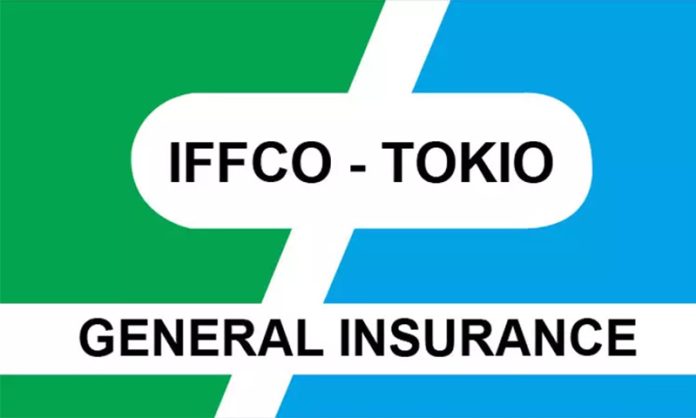Pvt facilities halt services under AB-PMJAY
Irfan Tramboo
SRINAGAR, Sept 2: Despite the High Court’s directive to IFFCO-Tokio to continue with the existing arrangement under the AB-PMJAY-SEHAT scheme in J&K, the insurance company appears unwilling to comply.
Due to this non-compliance, private dialysis centers and hospitals-already aggrieved by the non-payment of pending funds since March-have ceased providing services under the scheme.
They have made it clear that they will only offer services on a cash basis, having exhausted all financial resources.
As a result, patients, especially those requiring dialysis two or three times a week, are facing significant hardships, leading to increased out-of-pocket expenses that would otherwise be covered under the scheme.
The issue arouse when the insurance company decided to exit the scheme prematurely, citing financial losses. Consequently, payments to private healthcare facilities empaneled under the AB-PMJAY-SEHAT scheme were halted.
The matter reached the High Court, which, after hearing both sides, temporarily directed the company to continue with the existing arrangement under the scheme until the dispute is resolved by an arbitrator.
When the issue of non-payment of Rs 160 crore to private hospitals was first raised with the State Health Agency, there was hope that the problem would be resolved once the court issued its Judgement.
Private healthcare facility owners across J&K were also eagerly awaiting the court’s directives to have their pending dues released, enabling them to continue providing services to patients under the scheme.
However, despite clear instructions from the High Court on August 28, the insurance company has chosen to ignore the directive, failing to initiate the process of releasing the outstanding funds to the private hospitals.
This suggests that the company remains in “exit mode” from the scheme, a stance they conveyed to the authorities in March this year, and might be contemplating further legal course with no mood for compliance.
Earlier, private hospitals had announced they would stop providing services under the scheme starting September 1 until their funds were released, hoping that the situation would be resolved.
However, when it became clear that the company was not inclined to comply, they completely halted services under the scheme.
One of the owners of a dialysis center in Srinagar told Excelsior that they had also written a letter to the insurance company, urging compliance, but to no avail.
“We have exhausted our resources and have been compelled to provide services on a cash basis,” he said.
A patient at a private dialysis center said that the scheme had been a boon for him, noting that he cannot afford the dialysis he needs twice a week.
“I can’t blame the dialysis center; they have no other option. I also can’t afford it; the authorities must intervene,” he said.
Meanwhile, officers from the Health & Medical Education (H&ME) Department told Excelsior that they won’t let patient care be affected, noting that necessary measures have been taken to accommodate the patients in need.


